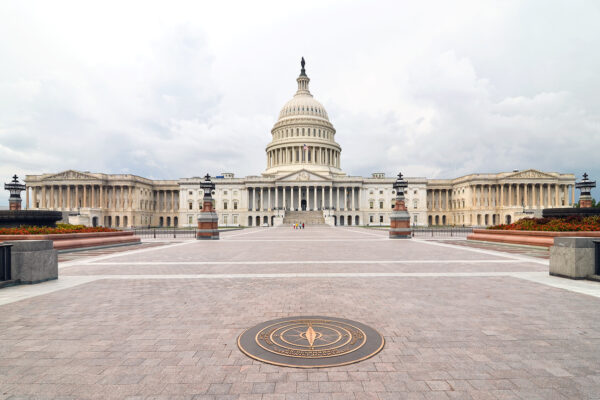
In a crisis, calls to do something, quickly, can be hard to resist. Politicians must still try.
On both sides of the Atlantic, governments are planning some of the largest peacetime interventions in the private economy to cope with the outbreak of coronavirus disease.
- Familiar battle lines have been drawn in Europe, where conservative northern countries, led by Germany and the Netherlands, hesitate to free up EU funds for the crisis.
- The roles are reversed in America, where once fiscally prudent Republicans are trying to rush through a stimulus twice the size of Barack Obama’s, and Democrats, who traditionally support a larger role for government, are stepping on the brakes.
The stallers are not unreasonable. We can take a few days to debate how to spend trillions of euros and dollars.
Europe
Most government support in the EU is done at the national level.
Germany is suspending its constitutional “debt brake” to spend an additional €122 billion this year to cope with the impact of the virus, which has forced businesses and schools to close and so far killed 157.
The German government is also setting up a €500 billion bailout fund for companies.
Spain is putting together a public-private rescue package worth around €200 billion, or one-fifth of its GDP. Tourism, which in previous years contributed 15 percent to the Spanish economy, is on the verge of collapse as a result of severe travel restrictions.
At the eurozone level, finance ministers are considering three proposals:
- Credit lines from the European Central Bank.
- Liquidity from the European Stability Mechanism — set up in the wake of the euro crisis — to pay for health spending.
- Issuing debt on behalf of all euro members to raise funds.
The first is the least controversial. The second may require rule changes, since the ESM was designed to deal with debt, not health, crises.
The third is sensitive. It are eurobonds under a new name. Hawkish states are wary of sharing debt obligations with countries like Italy and Spain. They are willing to help pay for the corona crisis, especially since the southern states have been hit the hardest by the pandemic. But pooling debts is a longer-term proposition.
United States
The Republican leader in the United States Senate, Mitch McConnell — who for years exploited every arcane rule for partisan advantage, including escalating use of the so-called filibuster to block many of Obama’s policies and judges even when they had majority support — has accused Democrats of “fiddling around” with procedure to delay approval of a $2 trillion stimulus.
Like Republicans, who insisted on language clarifying stimulus money couldn’t be used to fund abortions, Democrats have been arguing for their own priorities:
- Expanding food support and unemployment insurance.
- Investing in green energy and fuel.
- Limiting executive pay for companies receiving aid.
- Reducing student debt.
Other Democratic proposals have been, or should be, less controversial:
- Hundreds of billions of dollar in federal funding for hospitals. Republicans proposed $75 billion.
- Independent oversight of the stimulus, including the $500 billion the president — under the Republican proposal — could loan to companies and municipalities without disclosure for six months.
This learns the lesson of the 2009 stimulus, which likely helped stave off a worse recession but also paid for wasteful projects, some of which were politically connected.
Silver lining
The silver lining is that across continents and parties, politicians broadly agree on what needs to happen to prevent an economic depression.
Some lament the absence of a wider EU response, but the EU doesn’t have power over health care. Maybe the corona crisis will change that, but it can’t change overnight. What EU institutions can do is provide financial support.
Republicans who suggest Democrats should get out of the way and let Trump deal with the crisis on his own forget that the president downplayed the pandemic as recently as a week ago.
They also forget they opposed executive overreach for eight years under Obama. Republicans won’t control the White House forever. They should think twice about transferring even more power from Congress to the presidency.
The example not to follow is Hungary’s, where parliament is dissolving itself to allow Prime Minister Viktor Orbán to rule by decree — indefinitely.
Other European countries are figuring out how democracy can continue to function while society is in lockdown. In France, the chamber of the National Assembly was almost empty on Sunday when it voted to enact a state of emergency. Most lawmakers voted by proxy. In Spain, the prime minister conducts regular videoconferences with regional leaders. Yet they are coping with the crisis just as well as any other country.
